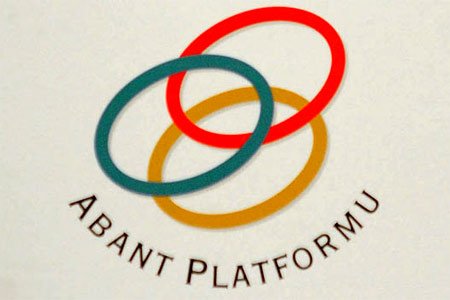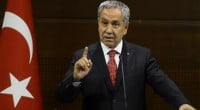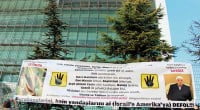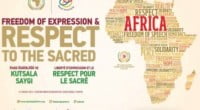Abant Platform Proposes Mother Tongue Education

Date posted: March 15, 2012
The Journal of Turkish Weekly Thursday, 15 March 2012
The 26th Abant Platform, which brings together high-profile intellectuals, journalists, legal experts and politicians, concluded on Sunday (March 11th) with a recommendation that Turkey’s Constitution recognise the right to education in languages other than Turkish.
“Education in one’s mother tongue is an essential human right. The constitution should not have any restrictions on receiving an education in one’s mother tongue and it should recognise the right of education in different languages. In addition to this, provided that the official language of the country is taught and learned, everyone has the right to use his/her mother tongue in education,” the final declaration stated.
As a key demand of Turkey’s Kurdish population, education in languages other than Turkish is a particularly sensitive and politicised issue. Article 42 of the constitution prohibits the teaching of any language other than Turkish as a primary language in schools. While the government took some steps in the early 2000s towards allowing private Kurdish courses in line with the EU harmonisation process, many such courses faced restrictions and closed down.
Because multilingualism has been closely intertwined with the Kurdish issue, it has often been viewed as security threat, says Muge Ayan, an expert on language issues at Bilgi University in Istanbul. “It is fed by a fear [the state] will be divided,” she explained to SES Türkiye.
According to Ayan, another concern about education in languages other than Turkish is that it could lead to the polarisation of society based on the scenario that Turkish pupils would attend Turkish schools, while Kurdish pupils would receive education in Kurdish in separate schools.
She says this is based on a misconception by some segments that mother tongue education means education in only one language, whereas in reality it would mean multilingualism.
“Multilingual educational models can be designed by covering both the mother tongue of the pupil, the dominant language of the society [Turkish] and also an international language like English,” she said.
Another facet of mother tongue education is whether it would give special privileges to the Kurdish people, as the second largest ethnic group in the country.
However, according to Turgut Tarhanli, a law professor at Bilgi University, such a constitutional guarantee would not constitute a privilege to any specific group, but would be an opportunity to establish equality between them.
“In addition to this, the relevant article of the constitution should not precisely refer to any specific language, but instead would establish a basic principle on the issue,” Tarhanli told SES Türkiye, acknowledging that other social and cultural groups could also claim similar rights in this process.
Pro-Kurdish Peace and Democracy Party (BDP) deputy and prominent Kurdish writer Altan Tan told SES Türkiye that the use of languages other than Turkish both in educational and public spheres would be an important step towards the resolution of the Kurdish problem in Turkey.
As a platform that brings together the voices of those who want democracy and freedom in the country, Tan says the government should consider what the Abant Platform has to say.
“If the government had paid attention to the previous declarations of the Abant Platform, we would have already reached a different stage in the resolution of Kurdish problem,” Tan emphasised, noting that during the Platform’s previous meeting in 2008, the right to speak one’s native language and use it in teaching and education was considered an undisputed human right.
Gokhan Bacik, of Zirve University, agrees with Tan, adding that the Kurds who attended the Abant Platform did not oppose the idea of having Turkish as the primary language in education and public spheres. “All these people want is to use their native language alongside Turkish in order to make daily life easier,” he said.
Bacik underlines that without a constitutional guarantee for mother tongue education, the new constitution wouldn’t have legitimacy in the eyes of some segments of society. “It is dangerous to have only one language in education. The state should soften its stance and take an approach that unites people,” he told SES Türkiye.
Now, as the constitutional process continues, the state’s traditional red lines over the issue of mother tongue education may be shifting. Minister of National Education Omer Dincer went so far as to say that Kurdish might become an optional language in schools.
“If you are establishing a flexible system, why can’t we provide our Kurdish citizens with courses in Kurdish just like we are providing pupils with German or English courses?” he said on TRT television on March 12th.
Source: The Journal of Turkish Weekly (JTW) http://www.turkishweekly.net/news/132519/abant-platform-proposes-mother-tongue-education-.html
JTW is a publication of International Strategic Research Organization
The Abant Platform is an independent think tank that takes its name from Lake Abant in the province of Bolu, the location of its first meeting. It is one of the most well-known programs of the GYV, which was established in 1994. Its mission and work were inspired by the GYV’s honorary president, Islamic scholar Fethullah Gülen.
Tags: Abant platform | Democracy | Freedoms | Hizmet and politics | New constitution in Turkey |
























